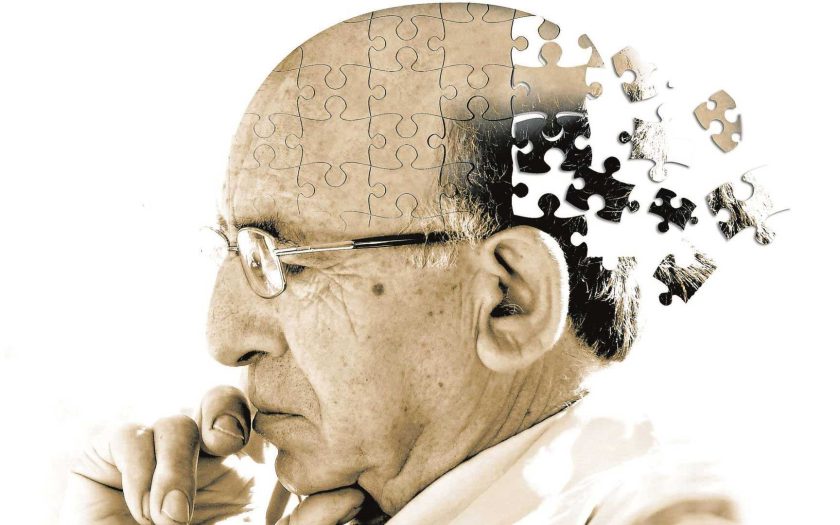-
Lack of mental exercise.
The brain, like any other organ, needs constant training to maintain its functionality. If it is not stimulated with new challenges and tasks, over time it begins to lose its plasticity and ability to adapt quickly. Therefore, it is important to do puzzles, crosswords, read complex texts or even discuss interesting ideas with other people every day. Without regular exercise, the brain begins to lose its ability to remember, solve problems and adapt to change, and gradually decreases. Without regular exercise, the brain begins to lose its ability to remember, solve problems and adapt to change. Throughout the day, you might often engage in repetitive actions, not giving your brain the chance to “work” at its maximum. This may seem harmless at first, but in the long term, the lack of mental stimulation leads to an increased risk of developing cognitive disorders, including dementia, such as Alzheimer’s disease.
-
Isolation and lack of social contacts.
The human brain develops and functions best when it actively interacts with others. Social connections stimulate various cognitive functions such as memory, language skills, and emotional resilience. However, when a person becomes isolated, stops communicating with their surroundings, or refuses to engage in active social contacts, it can negatively affect their mental activity. For instance, when someone retires or faces personal challenges, they may begin to withdraw from communication with loved ones. At first, it may not seem like a problem, but without regular interaction with other people, the motivation necessary to maintain cognitive processes at a high level disappears. Isolation can also lead to anxiety disorders and significantly impair brain health, contributing to the development of neurodegenerative diseases. That’s why it’s crucial, even during times of loneliness, to seek out ways to stay socially active — whether through meeting friends, joining hobby clubs, or simply taking walks with others. Human connection not only improves emotional well-being but also greatly reduces the risk of conditions like Alzheimer’s disease.
-
Overwork and lack of rest.
In today’s world, many people are immersed in constant stress due to high demands at work, personal responsibilities, and social obligations. All this can lead to chronic overload when a person does not give their brain the necessary time to recover. Continuous work without proper rest leads to the accumulation of stress, which negatively affects the nervous system. The brain, like any other organ, requires rest to function properly. For example, when you work long hours without breaks, often skipping sleep or rest to finish work, it may initially seem like it’s not a big deal—you’re just busy. But over time, constant overload leads to burnout, difficulty concentrating, and memory problems. This can be a sign that your brain isn’t getting enough recovery time. That’s why it’s crucial to ensure regular breaks at work, not to ignore rest, and take care of your emotional and mental health.
-
Bustle.
When a person is in a constant state of busyness, they lack the opportunity to focus deeply or fully rest, which can negatively affect their cognitive functions in the long run. In the modern rhythm of life, people are under pressure from a continuous flow of information every day. Messages, calls, emails, work meetings — all of these overloads the nervous system. In this case, the brain does not have time to process important information or remember important details. In addition, fuss and constant haste can cause stress, which is known to be one of the main risk factors for the development of neurodegenerative diseases, including Alzheimer’s disease. To avoid these consequences, you should try to be calmer and do everything consistently. This can be done by planning your time, taking regular rest breaks, and practicing a calm, mindful approach to tasks.
If you feel that you have memory problems in everyday life, it is better to consult a specialist. Because this symptom may indicate not only an overload of the body, but also the onset of Alzheimer’s disease. If a doctor confirms your diagnosis at the beginning of its development, treatment will go much better. The main thing is to follow all the recommendations and take the medications prescribed to you, such as Admenta 10, Admenta 5, Prexaron Plus.

